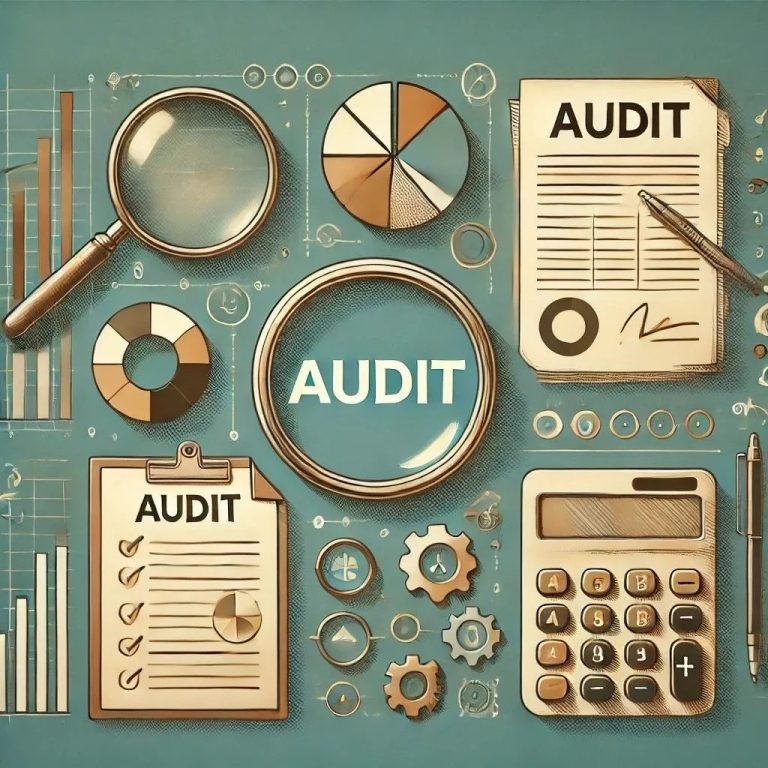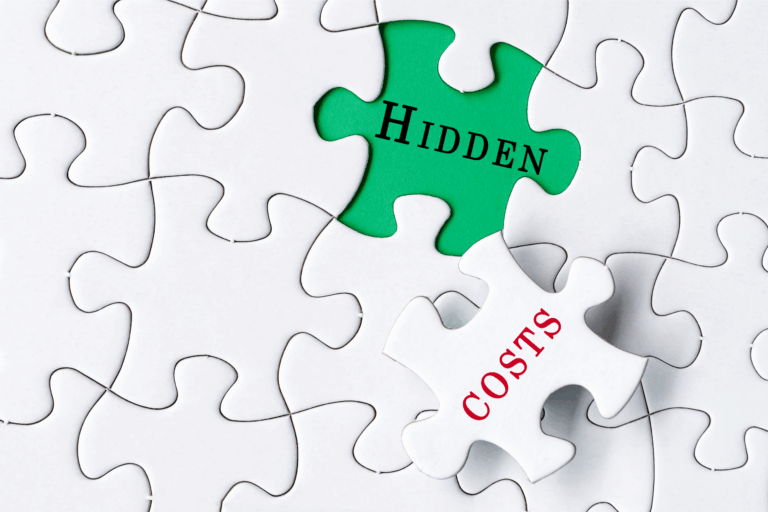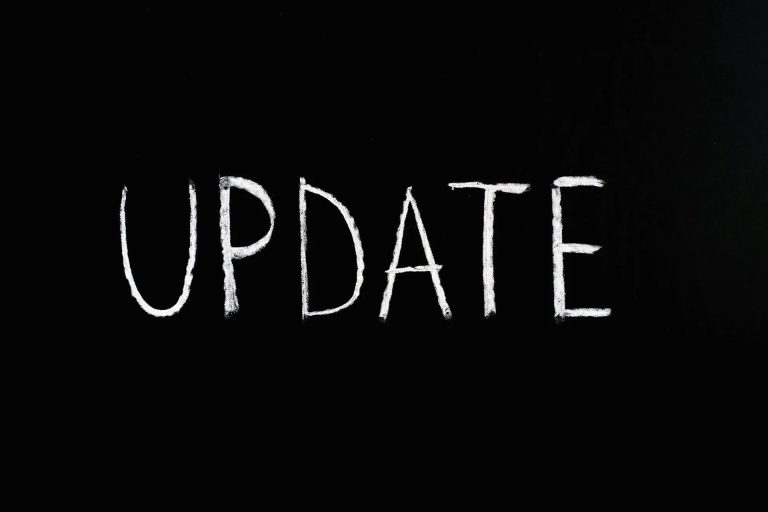The IRS “Dirty Dozen” – Top Tax Scams of 2023
With this year’s tax season coming to an end, the IRS has recently released the top twelve scams noticed in 2023, the “Dirty Dozen.”

Scams come in all shapes and sizes. These days, there just seems to be a ton of them. Criminals are really going to lengths to get ahold of your personal information or hide money. In just the last 5 years, reports of fraud and identity theft reports have gone from 3.16 million to 5.74 million. That’s an increase of 2.58 million reports! In fact, we are at an all time high of fraud report. Now more than ever, we all must be hypervigilant and protective of our personal information. That being said, let’s dive into what the IRS says we need to be extra watchful of this year and the coming years as we share a lot of personal information when filing our taxes..
THE DIRTY DOZEN
- Employee retention credit: conning people and business that are ineligible into claiming the credit
- Phishing and Smishing: getting scammed through email and text messages
- Scammers offering help: getting offered “help” to set up an IRS account
- Promoters of false fuel tax credit claims: those of a third party promoting the credit claims
- Fake charities: fake charities that exploit taxpayers
- Shady tax preparers: the IRS warns to stay always from untrustworthy tax preparers
- Taking advice on social media: the IRS warns against taking tax advice on social media that could potentially lure the taxpayer into a compromising situation
- Spearphishing emails: a campaign that has a specifically targeted people group and will include information known to be of interest to that person
- Offer in compromise: promoters mislead taxpayers into thinking they qualify when they do not
- Schemes aimed at high income filers: most often seen through abuse of charity remainder trusts and monetized installment sales
- Tax avoidance strategies: scammers promoting a reduction or complete elimination of tax obligations
- Tax avoidance with international elements: foreign micro-captive insurance arrangement, paying into a Maltese retirement plan that misuses the treaty, and hiding offshore and digital assets
Its always better to be safe than sorry. If something seems questionable, don’t go through with it. If it seems too good to be true, then it probably isn’t true. The best way to ensure your personal information stays safe is to only work with a trusted tax professional. If you are unsure whether you can trust someone as your tax preparer, take a moment to read our article on how to choose your tax preparer wisely.
You can find greater details about the above information by going to the IRS website.




